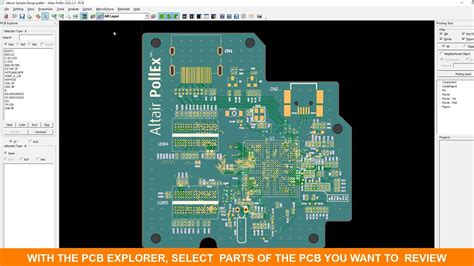
PCB Hardware: Performance Enhancing Hardware for Your Circuit Board
Introduction to PCB Performance-Enhancing Hardware Printed Circuit Boards (PCBs) are the backbone of modern electronics. They provide a platform for components to be mounted and[…]
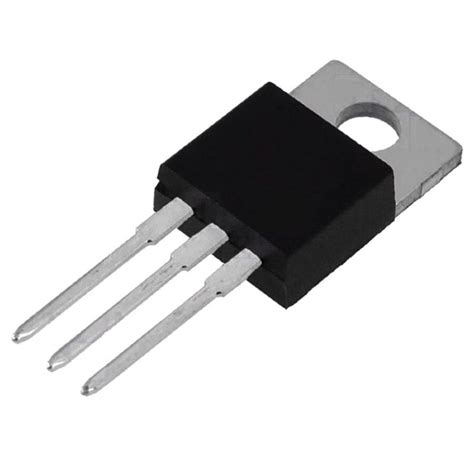
7809 Voltage Regulator – Complete Guide
What is a Voltage Regulator? A voltage regulator is an electronic component designed to maintain a constant output voltage despite fluctuations in the input voltage[…]
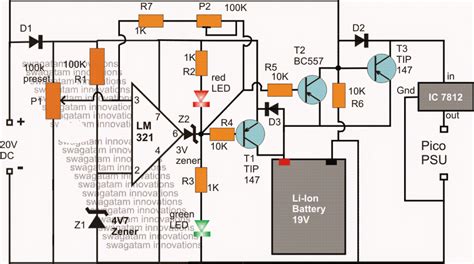
UPS Circuit: Everything You Need To Know and More
What is a UPS Circuit? A UPS circuit is an electronic system that provides backup power to connected devices in the event of a power[…]
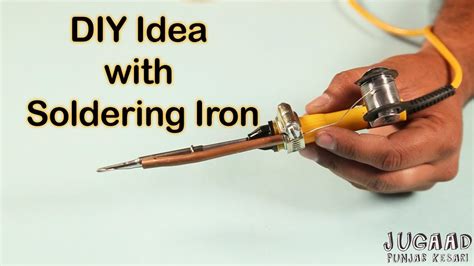
DIY Solder Iron: The Homemade Solder Iron Guide
Introduction Soldering is an essential skill for anyone interested in electronics, whether you’re a hobbyist or a professional. A good solder iron is a crucial[…]
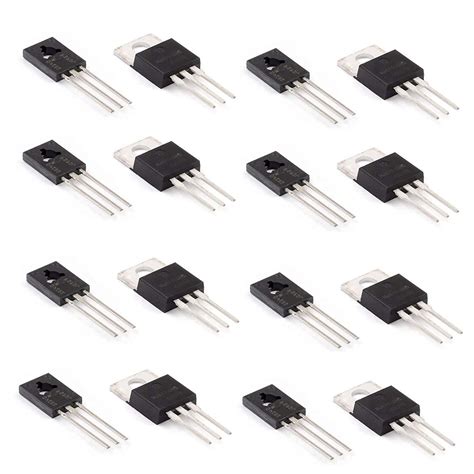
Types of Transistors: A Comprehensive Guide
What is a Transistor? A transistor is a three-terminal semiconductor device that regulates current or voltage flow and acts as a switch or gate for[…]
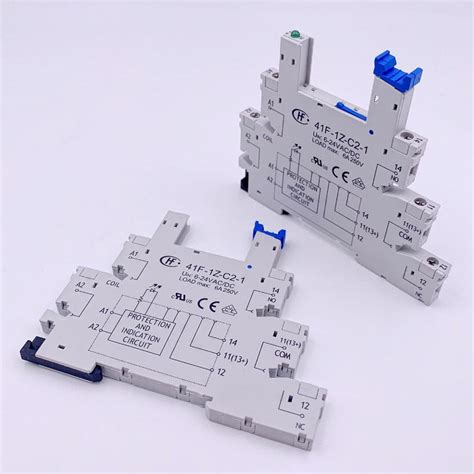
PCB Relay: A Compact Switching/ Power Management Device
What is a PCB Relay? A PCB relay is a small, electromechanical device that is designed to be mounted directly onto a printed circuit board.[…]
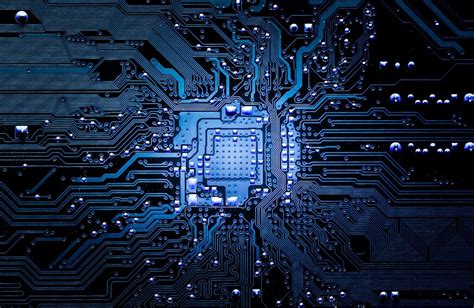
Multilayer Printed Circuit Boards: The Future of Electronics?
Introduction to Multilayer PCBs Multilayer printed circuit boards (PCBs) have revolutionized the electronics industry over the past few decades. These complex boards consist of multiple[…]
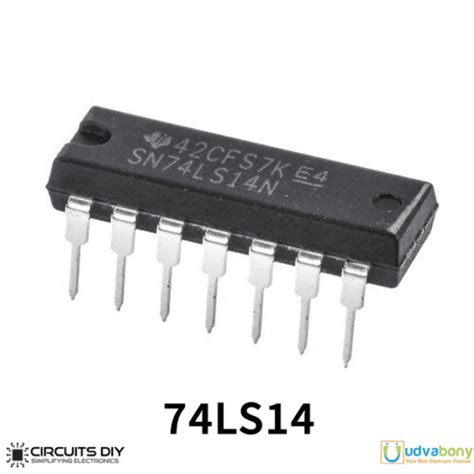
74hc14: Its Pin Configuration and More
Introduction to the 74HC14 The 74HC14 is a popular integrated circuit (IC) that belongs to the 7400 series of logic gates. It is a hex[…]
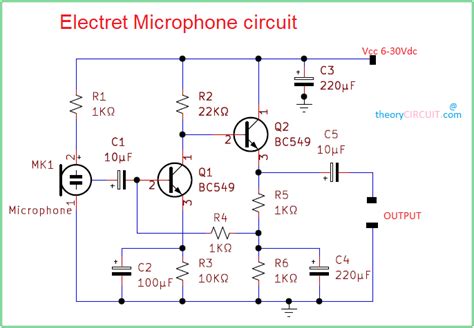
How Does an Electret Microphone Work? A Comprehensive Guide
What is an Electret Microphone? An electret microphone is a type of condenser microphone that utilizes an electret material, which is a permanently charged dielectric[…]
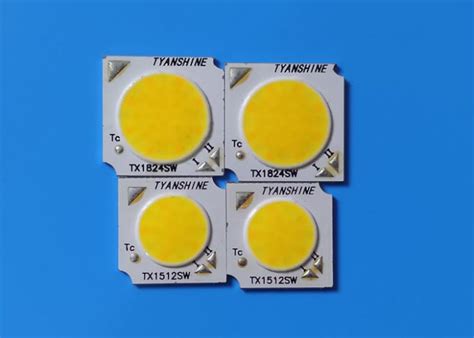
Ultimate Guide to COB LED Manufacturing – Done at One-Stop Now
Introduction to COB LED Manufacturing COB (Chip-on-Board) LED manufacturing is an advanced technique for producing high-power, high-efficiency LED lighting solutions. In COB LED manufacturing, multiple[…]